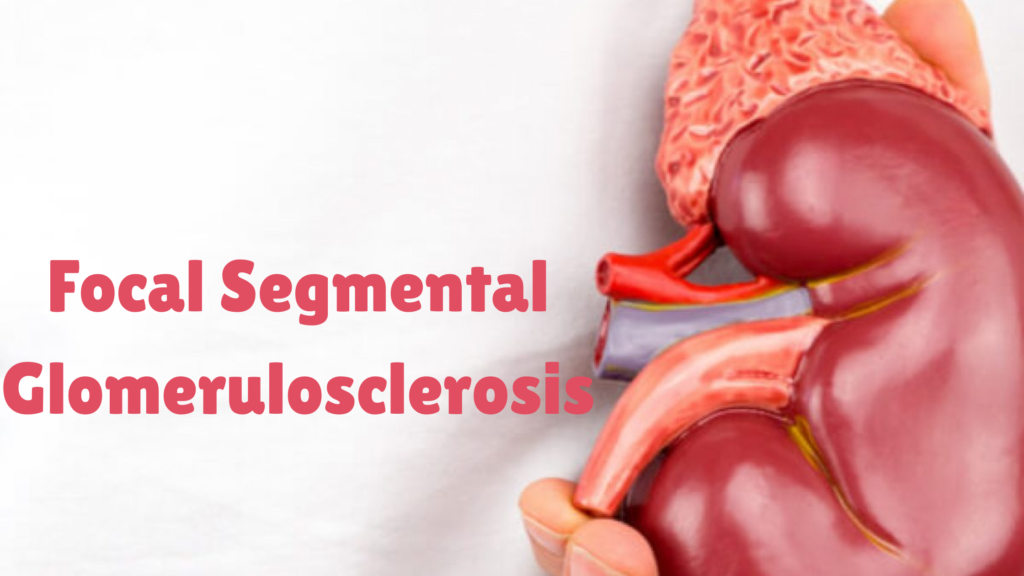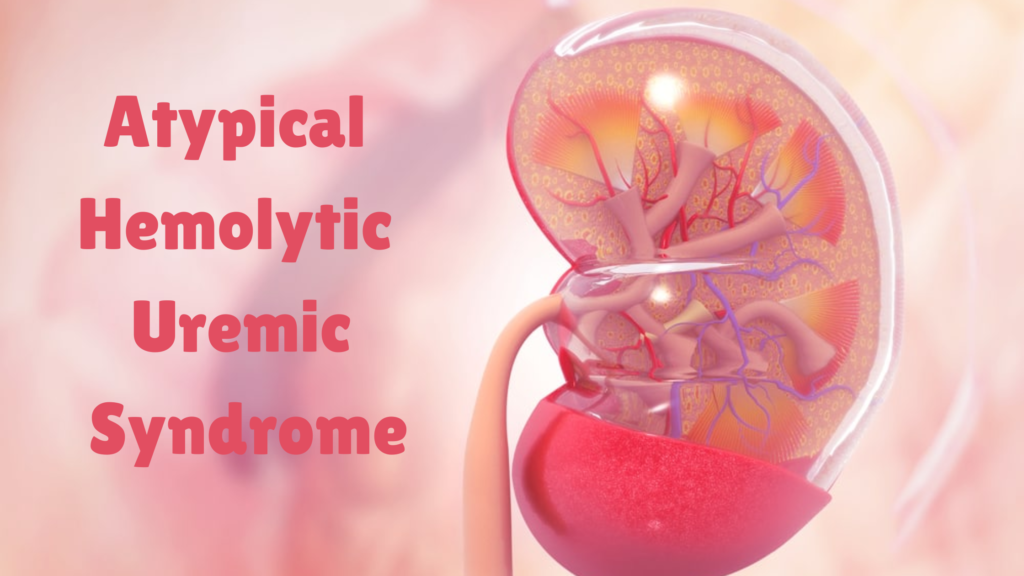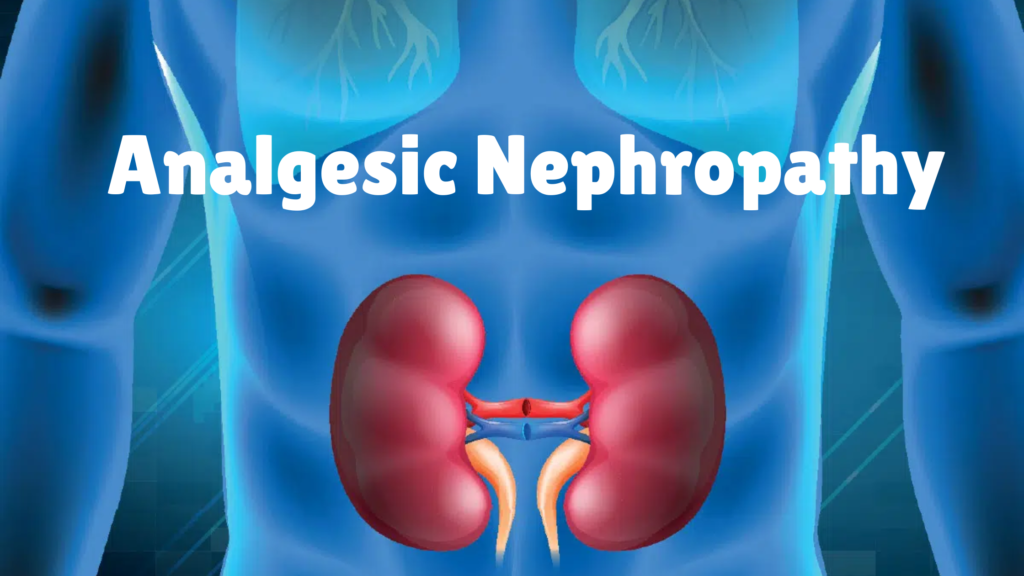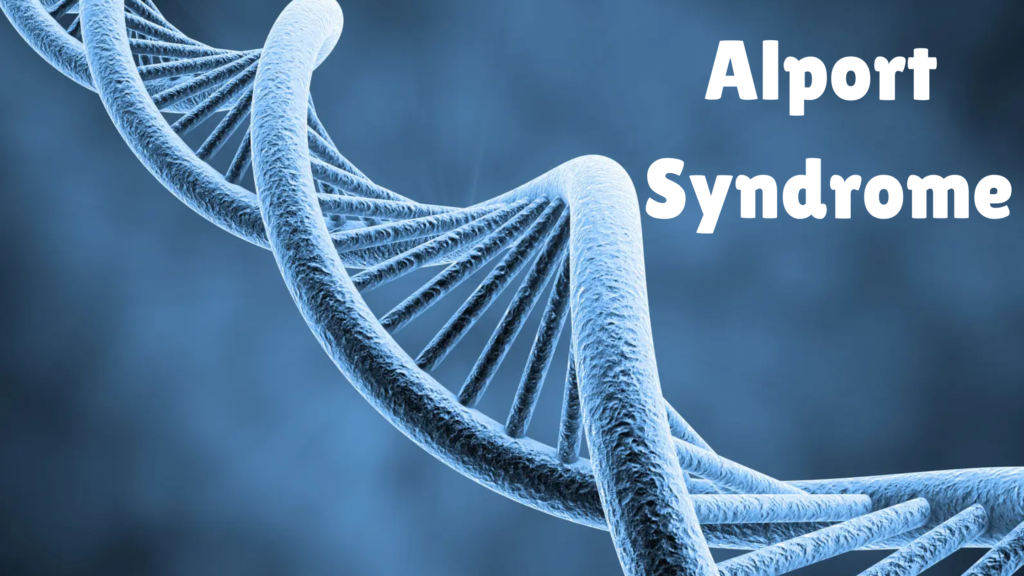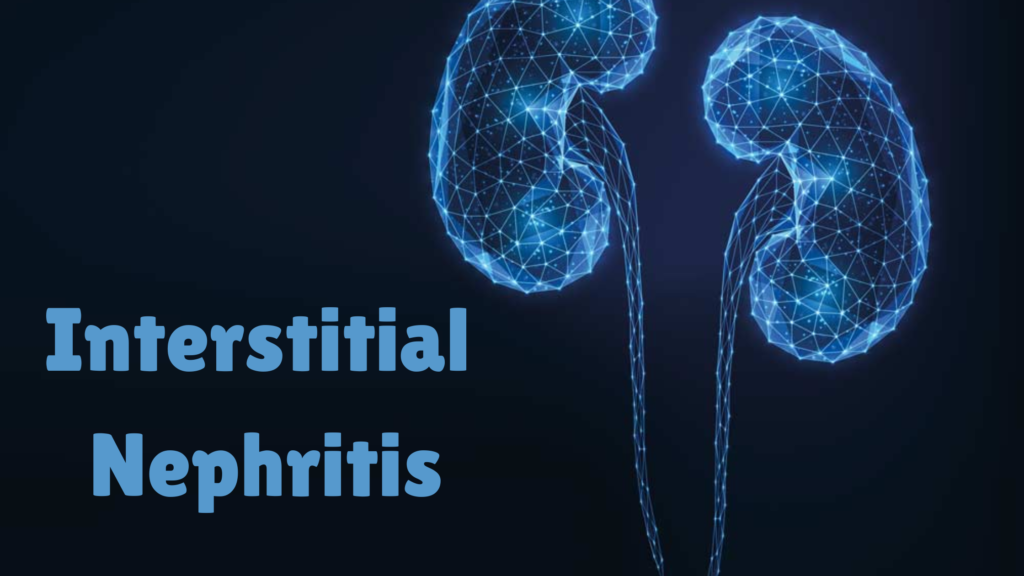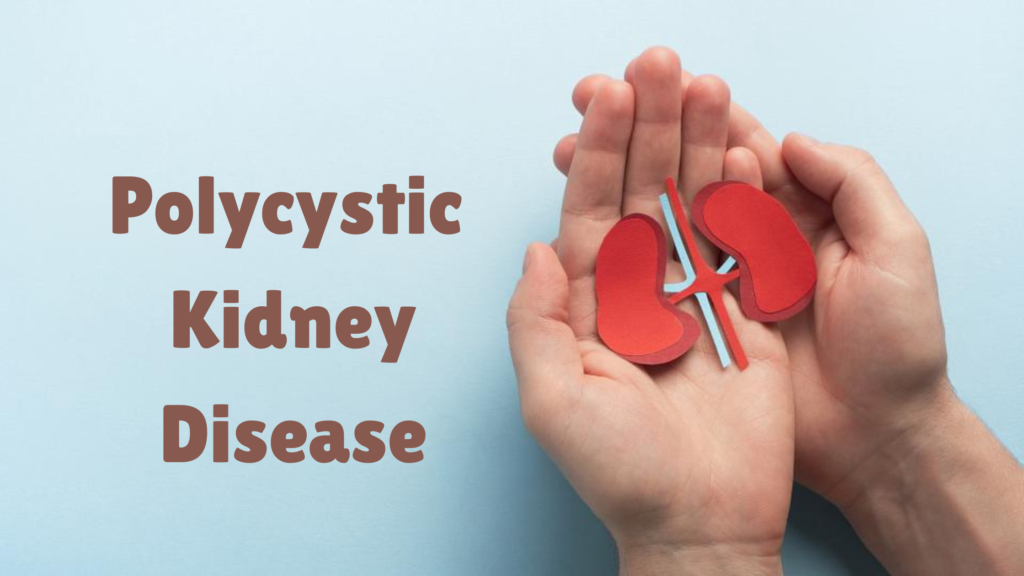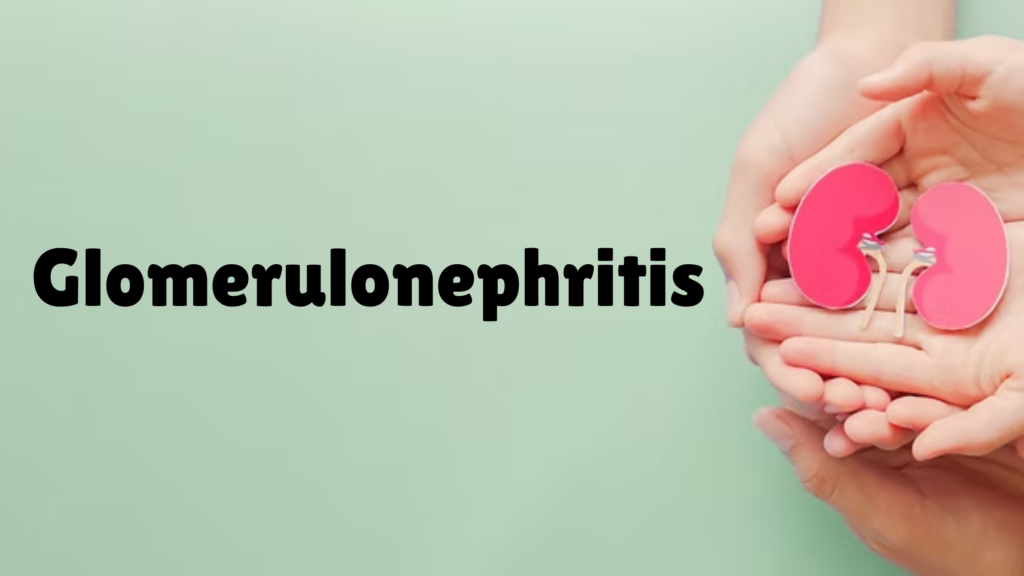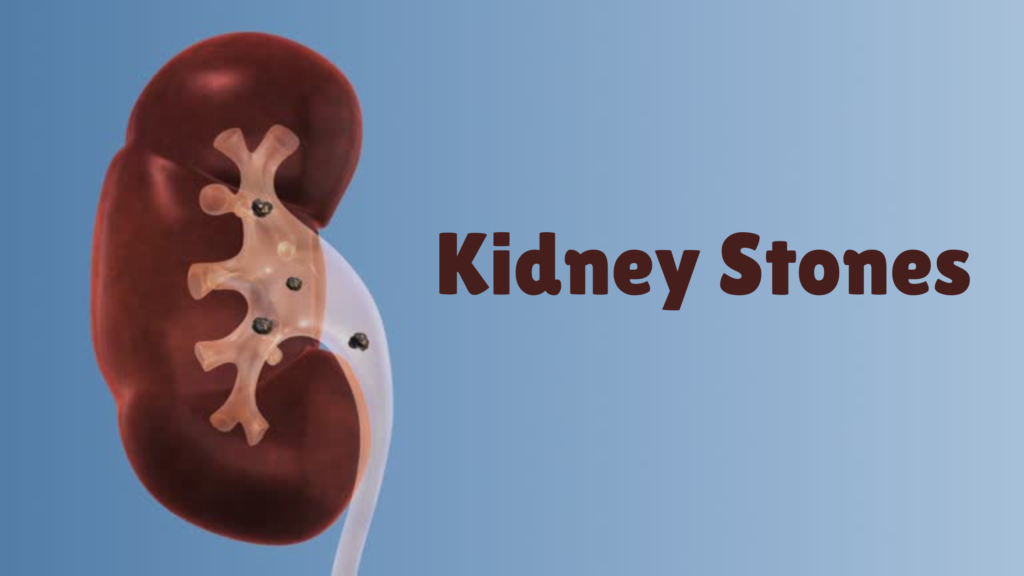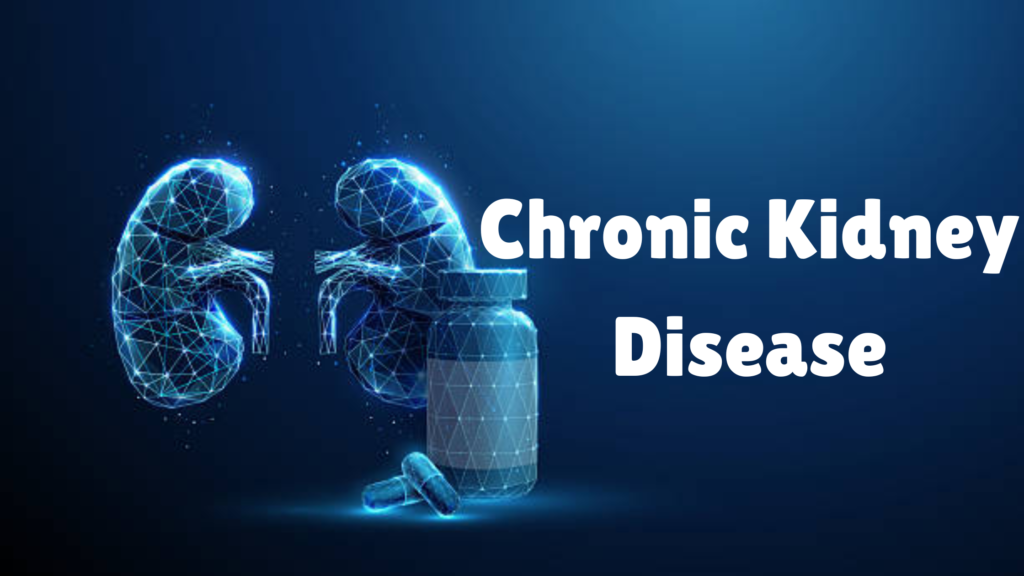Focal Segmental Glomerulosclerosis
Focal Segmental Glomerulosclerosis (FSGS) is a kidney disorder characterized by scarring (sclerosis) in parts of the kidney’s filtering units, known as glomeruli. The term “focal” indicates that only some glomeruli are affected, and “segmental” means that only parts of each affected glomerulus are involved. 🧬 Causes FSGS can be classified into: ⚠️ Symptoms 🧪 Diagnosis […]
